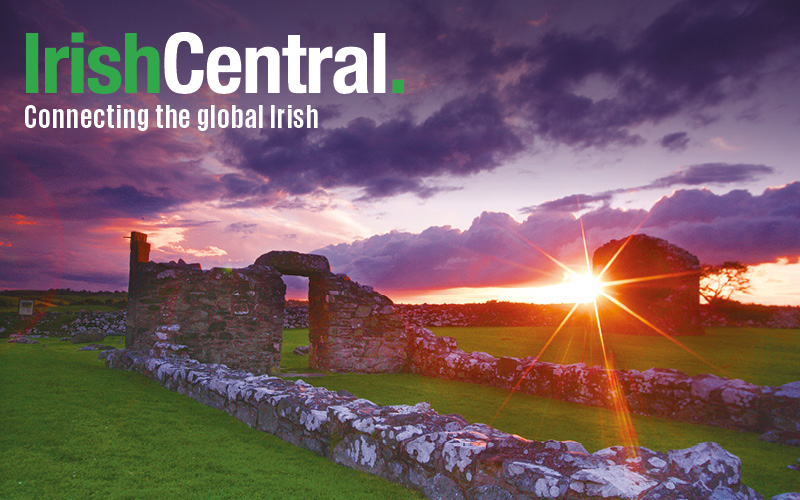Originally, my feeling about the Ground Zero mosque controversy was based on the sense that one victim-group--the Muslims and the British--were being memorialized with special attention, while it would be thought crass to memorialize the Irish-American victims of 9/11 with their own museum or what have you.
I wrote Ground Zero mosque? Not my favorite idea, but this is NYC with that in mind. I saw the zone around Ground Zero becoming a Disneyland of competing ethnic groups building special memorials where the richest ones would get to build theirs first.
I was critical of it, and like Governor Patterson, wondered if it could not be built in a less controversial location. That would avoid memorial competition, I thought.
I had misunderstood the intention of the mosque. I thought it was conceived especially to memorialize 9/11 at Ground Zero.
Wishing to see fairness in the way we recognize the suffering of victims, their families and their communities, I saw the Muslim Cultural Center as a very tall interpretation institution, where one victim group would have the opportunity to interpret the events of 9/11 from a thirteen story monument, competing for attention with the more universal monument. That's how I saw it. I see it differently, having watched others analyze and provide better detail.
I thought the building was being pushed by a man with a vision on behalf of financial backers that were far away in the Middle East. In this misunderstanding, the religious freedom argument seemed to be inapplicable, as it was not being built by a community in that neighborhood, but rather by outside visionaries using the mosque to get their interpretation center built. I felt the zone best left to a memorial shared by all, to memorialize all those who suffered on 9/11 across cultural or religious groups.
In my wrong understanding, such a center would have been built with the 9/11 attacks in mind, rather than from the need to provide a community in the area its center.
Religious freedom is noble if it defends a community trying to build their center, but it's a tool if people just want to build a footnote to your country's memorial.
It took some time, but I'm coming around to understanding the Islamic Cultural Center, called Cordoba House, as a project that pre-existed 9/11, and is very much the work of the Muslim community in America, as is their right here.
Prior to the attacks, the American Society for Muslim Advancement had scouted various locations around Manhattan to build a thirteen story institution where Muslims could explore their faith in a larger American context. The Center is to include health facilities, galleries for art, and all sorts of amenities for their community. It will become a major attraction of New York, and it is two blocks from Ground Zero, out of sight--a point I have reconsidered.
The committee building this center put in a bid for the McBurney YMCA on 23rd street, but lost to a higher offer. The Burlington Coat Factory downtown was then selected, an application put forward, and the Community Board agreed it would be a major boon to the neighborhood where such buildings have remained vacant for more than a decade.
The building will include a 9/11 memorial, but it is not being built specifically to showcase the particular suffering of one group of victims from the attacks. The Muslim Cultural Center has a much larger purpose, that pre-dates 9/11. Maybe the Center could provide space for an exhibit like that lost on 9/11, which I described in my call for fairness in representing the suffering of various groups on that day.
There is no basis for rejecting such a center from opening on a street that is in need of investment, by a community that is indelibly part of New York in a country committed to freedom of religion in opposition to prejudice.
The center is a much-needed community center for moderate Muslims at a location two blocks from Ground Zero. Muslims are not taking over the solemnity of the 9/11 attacks. They are building a religious house in Manhattan down the street, as is their right, and opportunity, under the American Constitution.




Comments